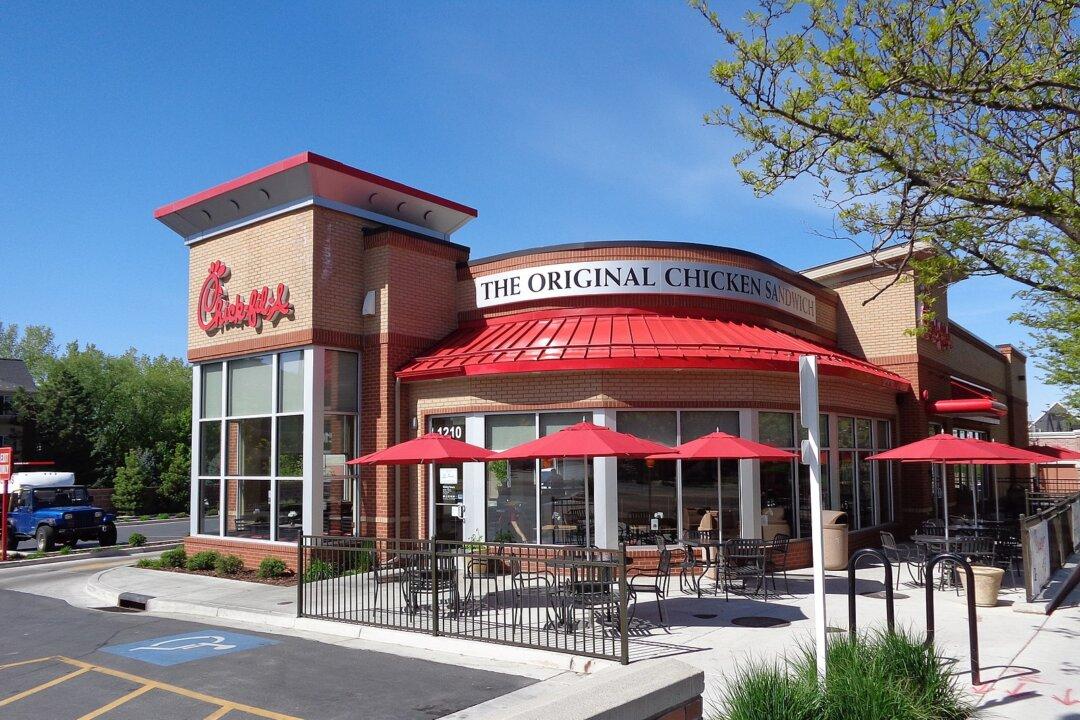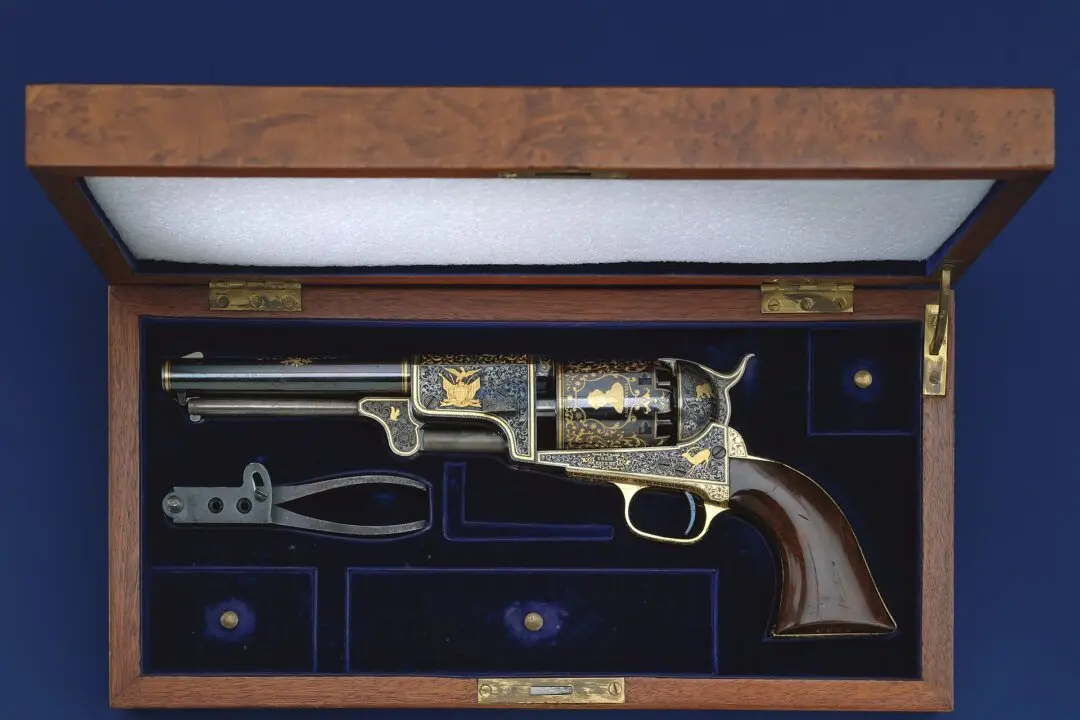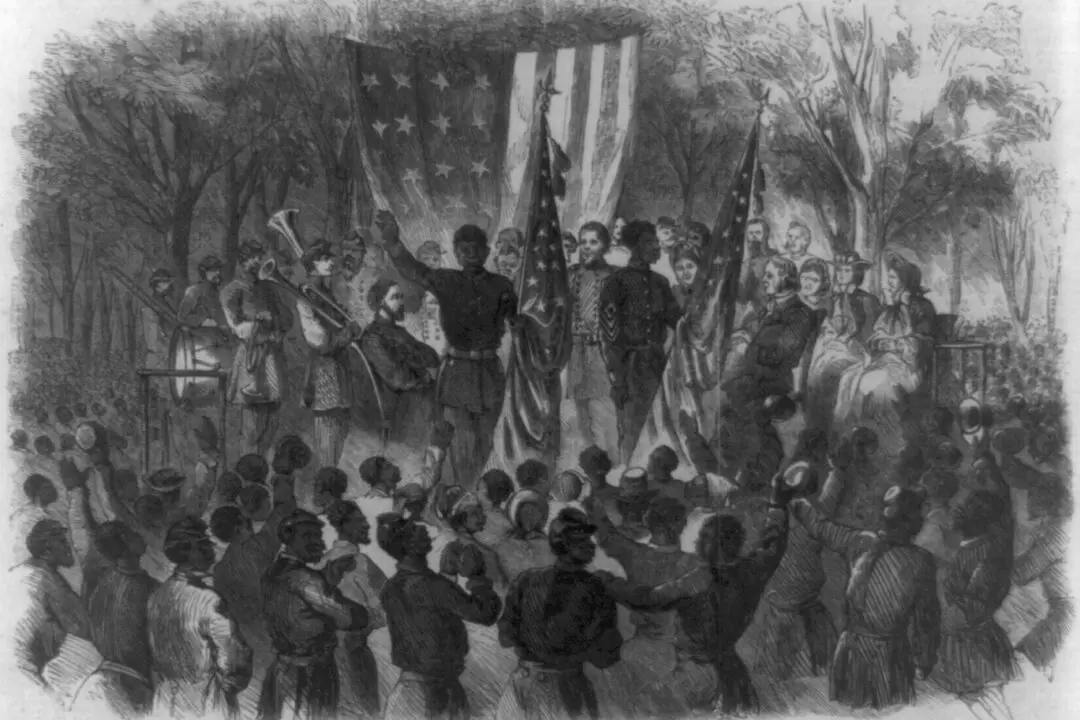Because his parents struggled financially during the Great Depression, Samuel Truett Cathy acquired a habit of hard work and a strong entrepreneurial spirit to found the successful Chick-fil-A fast food chain. Despite his growing success in business, Cathy stayed true to his faith and realized the importance of giving back.
Cathy was one of seven children born to a poor family in Eatonton, Georgia in 1921. When his father lost the family farm, the family relocated to Atlanta, where Cathy’s father struggled as an insurance salesman. His mother became the breadwinner of the family by opening up the family’s home to travelers and operating a boarding house.






